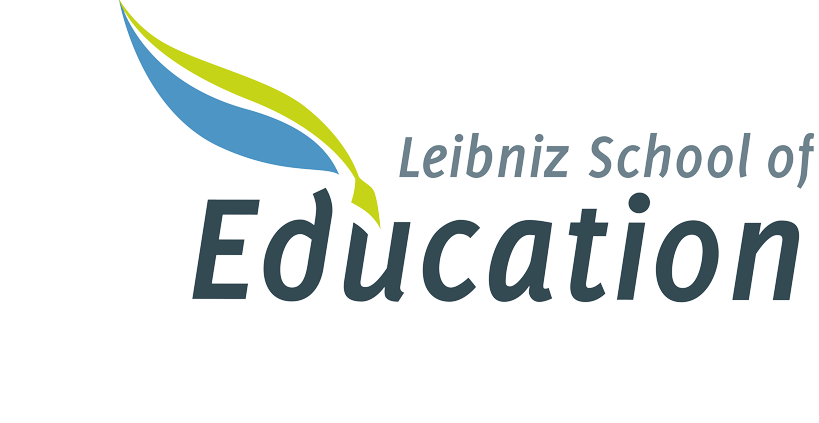The implementation of ESD in Germany is coordinated by the Federal Ministry of Education and Research (BMBF), or rather by the commissioned National ESD Platform, a committee of science, politics, civil society, educational practice and youth representatives, chaired by Prof. Gerhard de Haan, FU Berlin. The National Platform develops strategies and recommendations for the implementation of ESD in all areas, the so-called National Action Plan ESD, in sub-groups on different educational areas.
The National Action Plan states (p.19): "Teachers, educational professionals, multipliers and those who train them are effective Change Agents. In order to develop competencies for this, ESD must be structurally anchored in education, vocational training and life-longlearning. To this end, guiding frameworks and quality standards must be set and promising support measures must be developed." (S. 29)
![[Translate to English:] Infographik Nationaler Aktionsplan BNE](https://www.lse.uni-hannover.de/fileadmin/_processed_/7/5/csm_NAP_infografik_bne_portal__16zu9_final_436d4c01b2.png)
![[Translate to English:] Infographik Nationaler Aktionsplan BNE](https://www.lse.uni-hannover.de/fileadmin/_processed_/7/5/csm_NAP_infografik_bne_portal__16zu9_final_cd1151e34d.png)
![[Translate to English:] Infographik Nationaler Aktionsplan BNE](https://www.lse.uni-hannover.de/fileadmin/lehrerbildung/Fotos/Teaching_Change/NAP_infografik_bne_portal__16zu9_final.png) ©
BMBF
©
BMBF
The Conference of the Ministers of Education and Cultural Affairs of the States in the Federal Republic of Germany (KMK) is also driving forward the implementation of ESD. In cooperation with the German Federal Ministry for Economic Cooperation and Development (BMZ), it publishes the Orientation Framework for Global Development Education, which offers suggestions for the subject-specific and cross-curricular implementation of ESD in the classroom, especially for learning in local-global contexts.
The Institut Futur of the Freie Universität Berlin runs a national monitoring of the implementation of ESD. The short report "Formal Education in Times of Crisis - the Role of Sustainability in School, Education & Higher Education" concludes, based on a survey of > 3,000 young people and teachers, that young people are very interested in sustainability, but at the same time have little hope for realizing a sustainable future. Only a small proportion feel adequately prepared for future challenges through their own education. Teachers also state that they have had too little or, in some cases, no contact with sustainability issues during their training. There has been only a slight increase in this area in recent years. A reform of teacher training is urgently recommended.
The Alliance for Future Education (Bündnis Zukunftsbildung), as an association of German non-governmental organizations from the fields of youth, environmental protection, nature conservation, development and human rights, is politically campaigning for the implementation of ESD in Germany:
"Establishing serious sustainability as a guiding social perspective means nothing less than bringing about a cultural change in the way we have thought and lived up to now. Irresponsible production methods and wasteful consumption patterns and lifestyles have led to serious ecological (overstepping planetary boundaries) and social damage (disregard for human rights) and resulting crises worldwide. Changing this sustainably is only possible if the young generation and all learners have access to high-quality and effective education for sustainable development (ESD)."


